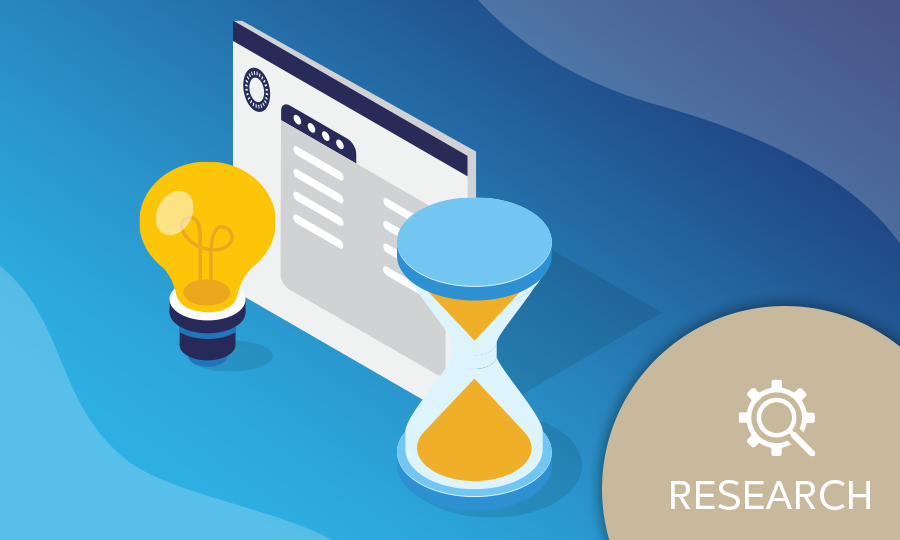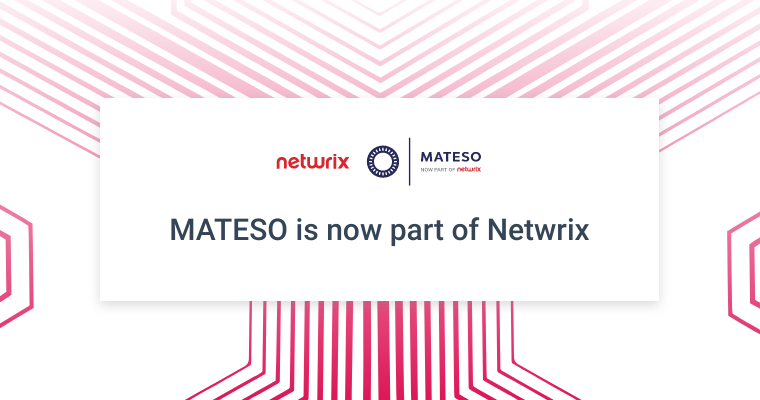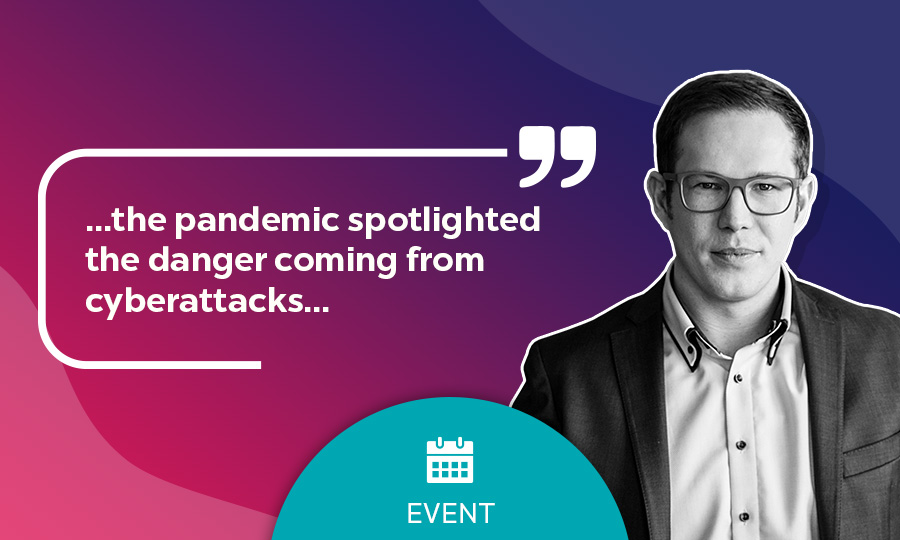Cyber security is a complex topic that small and medium-sized enterprises in particular often devote too little time to due to a lack of resources. But even small adjustments can make a big difference. In our latest blog post, we reveal how you can sustainably improve your cyber security in just 19 minutes and why this is particularly important in Germany.
Cybercrime is an international phenomenon and concerns every person and every company. However, it turns out that not all countries are equally affected. According to a study, Germany is one of the most popular target countries for cybercrime. The fact that any company can become the target of a hacker attack is therefore, now at the latest, and anyone who wants to invest in their own cyber security should do so sooner rather than later. But how? Unfortunately, the topic is very complex and extensive and, especially among people with little expertise, the fear of change is great.
So better to do nothing at all? No, because today we’re giving you five tips to increase your security on the web, which you can implement in just 19 minutes, even without any prior knowledge!
1. Update your browser (3 minutes)
Whether it’s Safari, Chrome, Firefox or anything else, update your favorite browser regularly. Old browsers use outdated encryptions – and these no longer protect your computer from damage. Updating not only makes your browser run faster, but also increases your protection against malware, viruses, and other cyber threats. So, take three minutes today and install a new update. That’s the first step to better security.
2. Increase browser security settings (4 minutes)
Have you ever looked into your browser security settings? Probably not, today is the time! Most browsers offer you different security levels that are already preconfigured. See if you can select a higher level. This way you will improve your protection while surfing the web every day.
3. Set up two-factor authentication (4 minutes)
Two-factor authentication is a security process in which a user provides two different factors to prove his identity. To do this, you need two of the following three factors:
- Knowledge (such as a PIN or password).
- Biometrics (such as your unique fingerprint, face scan or retina scan)
- Possession (your smartphone or smartcard that you carry with you).
In banking, this security feature has already become commonplace, such as when manually withdrawing money from the ATM (card + pin) or in a virtual context (password + mobile PIN). Simply download an app like Google Authenticator to your smartphone, which allows you to authenticate via code. This way, you can confirm your identity twice the next time you log in and make it more difficult for hackers to access your data.
4. Check WLAN settings (5 minutes)
We are often logged in to many different WLANs with our smartphone – at home, at work, with friends, family and even in public WLANs, such as in your favorite café or in the ICE. The login is automatic, so you don’t even notice when your smartphone dials in. Sounds pretty insecure, doesn’t it? The next time your smartphone automatically logs into a WLAN, make sure that the WLAN key is in WPA2 format. This encrypts your transmitted data according to the current state of the art. If not, it is better to log out, especially in public WLANs, to be on the safe side. It is also advisable to change the password of your private WLAN every few years. This way, you can easily exclude unwelcome WLAN users. After all, you also use it to conduct your banking transactions.
5 Update your password (3 minutes)
Do you use a social network like Facebook, Instagram, Xing or LinkedIn several times a day? And you’ve logged into these sites many times from different computers and smartphones? Then it’s high time to change your password! To increase your security, please choose a strong and complex password. In our last blog post, you can find tips and tricks that can take hackers up to 400 years to crack your password. In it, you’ll also learn what Lord of the Rings has to do with passwords.
Even more security with a password manager
Even in the enterprise environment, weak passwords are often the unlocked door through which hackers gain access. To securely protect sensitive and valuable corporate secrets, we recommend an enterprise password manager like Password Safe. The application securely stores your passwords and makes them available for you to log in. You only need to log in to Password Safe once a day, and all subsequent logins happen automatically, without the hassle of typing and password resets. In addition, Password Safe can generate an individual and secure password for each application, which increases your security. Because if a hacker cracks one of your passwords, he won’t automatically gain access to the other applications where you use the same password. Read our whitepaper “Human Security Gap” to learn more about this topic!



